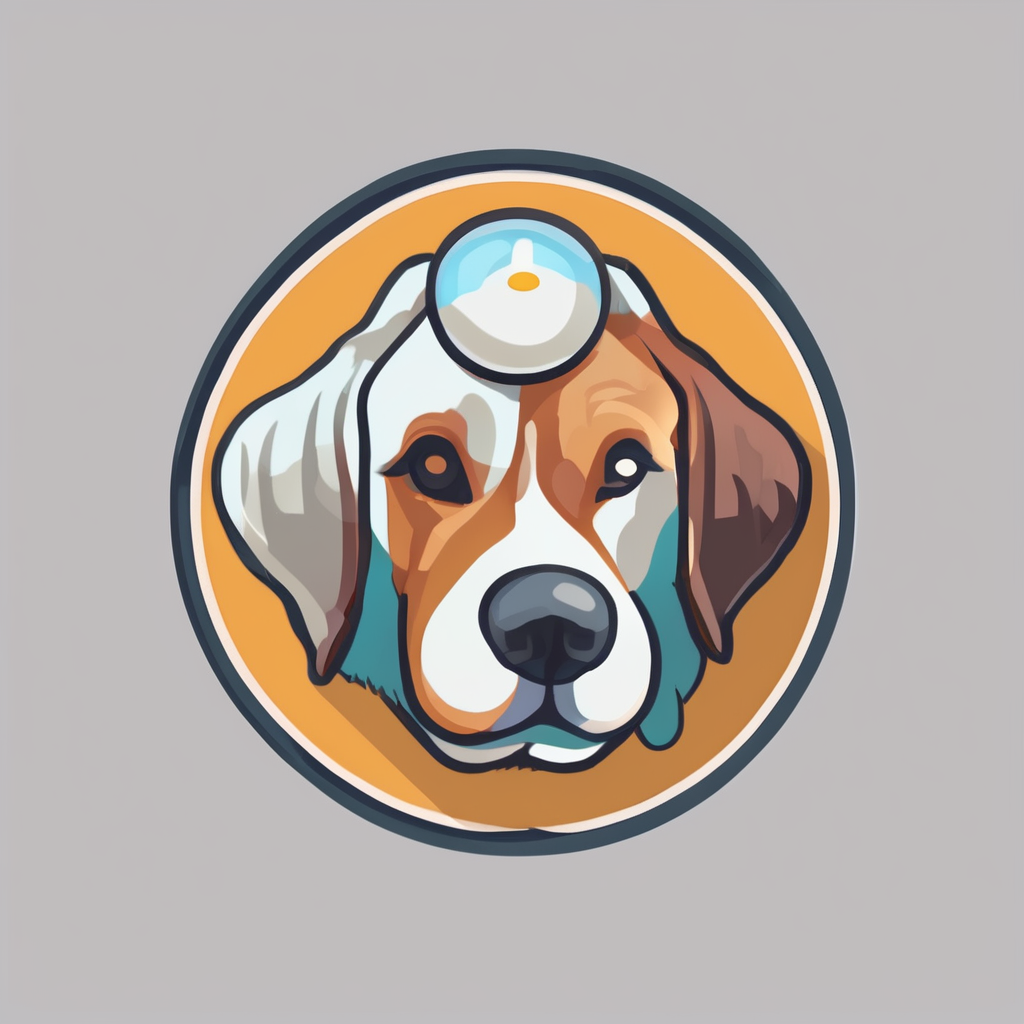Overview of Nutritional Needs for Pregnant Dachshunds
Pregnant dachshunds require a carefully balanced diet to ensure both their health and the healthy development of their puppies. Meeting their nutritional requirements is crucial during this phase, as it lays the foundation for the well-being of both the mother and her litter.
A pregnant dachshund’s diet should prioritize vital nutrients necessary for fetal development. Proteins, fats, and carbohydrates are essential for energy, while vitamins and minerals support growth and immune function. Protein, for instance, plays a crucial role in the development of tissues and organs, making it indispensable in the pregnant dachshund diet. Essential fatty acids such as omega-3s support neural and retinal development in the puppies.
A découvrir également : Mastering socialization: proven techniques to help your shy basenji make friends with dogs and meet new people
As the pregnancy progresses, it’s important to adjust the dachshund’s diet to reflect changing energy and nutrient needs. Typically, small but frequent meals rich in high-quality nutrients help maintain steady energy levels without overburdening the dog’s metabolism.
Moreover, careful monitoring of weight gain can indicate proper nutritional intake, as excessive or insufficient weight gain could lead to complications. With a well-rounded diet tailored to meet nutritional requirements, your pregnant dachshund can enjoy a healthy pregnancy, ultimately leading to a successful delivery. This nutrition-focused approach ensures long-term benefits for both mother and pups.
Dans le meme genre : Ultimate guide to sledding success: proven techniques for training your siberian husky
Essential Nutrients for Expecting Dachshunds
Caring for an expecting dachshund involves understanding specific dietary requirements. These nutrients ensure the health of both the mother and her puppies.
Protein Requirements
Protein plays a crucial role in puppy development, supporting growth and repairs. Expecting dachshunds need higher levels of protein to cater to increased nurturing demands. Reliable sources like lean meats, fish, and eggs are excellent. Ensure the diet consists of high-quality animal-derived protein for optimal development.
Fatty Acids
Omega-3 and omega-6 fatty acids are vital. They aid in fetal brain and eye development. A diet rich in these helps to prevent developmental concerns. Sources like fish oil and flaxseed oil ensure adequate intake. Consistent consumption of these fatty acids benefits overall health, boosting immunity and promoting skin and coat health.
Vitamins and Minerals
Essential vitamins and minerals like calcium and folic acid are critical in this stage. Calcium supports bone development in puppies and maintains the mother’s bone density. Folic acid prevents neural tube defects. Selecting a balanced prenatal supplement can cover these critical dietary nutrients. Consulting with a veterinarian ensures that the dachshund receives all essential vitamins and minerals for optimal pregnancy health.
Recommended Foods for Pregnant Dachshunds
Choosing the right diet for a pregnant dachshund is critical for her health and the development of her puppies. Navigating between high-quality commercial foods and homemade diets can be challenging. Commercial foods are often balanced to meet the nutritional needs of pregnant dogs but ensuring they contain the right ingredients is crucial.
Consider a brand that offers premium dog foods with components like omega fatty acids, protein, and essential vitamins. Brands renowned for their prenatal dog diet include those with veterinary endorsements and proven formulations. Homemade diets can be tailored to specific needs, offering more control over quality and nutritional balance; however, they require careful planning and understanding of canine nutritional requirements.
It’s essential to identify and avoid potentially harmful foods during pregnancy. Ingredients like artificial additives, excess fats, and foods such as chocolate, onions, and grapes are unsuitable for dogs, regardless of pregnancy status. Complementing a balanced diet with high-quality dog food recommendations ensures that your furry friend gets all necessary nutrients for a healthy pregnancy.
Ultimately, the choice depends on your time, knowledge, and comfort level with preparing home-cooked meals versus relying on commercial options. Consulting with a veterinarian for personalized advice is recommended to make informed decisions that suit your dachshund’s needs.
Feeding Schedule and Portion Control
Understanding the right feeding regimens is crucial for a puppy’s growth and maintaining healthy puppy weight gain.
Daily Feeding Guidelines
Determining a daily feeding schedule for puppies starts with establishing a consistent routine. Puppies typically require meals adjusted to their age, weight, and energy expenditure in order to ensure balanced nutrition.
Frequency of Meals
The frequency of meals should reflect a puppy’s developmental stage. Generally, young puppies are fed 3 to 4 times a day to support rapid growth. As they mature, the number of meals can gradually decrease to twice daily. This shift helps maintain a consistent metabolism and energy level.
Adjusting Portions
Portion control should be closely monitored and tailored to your puppy’s specific needs. Suggested daily caloric intake should cater to growth patterns while preventing obesity. Monitor your puppy’s weight and adjust portions accordingly to avoid excessive weight gain. Consider consulting with a vet to obtain tailored advice based on breed and body condition.
For pregnant dogs, optimal meal frequency during pregnancy becomes crucial. Typically, pregnant dogs require increased caloric intake, distributed through more frequent meals. Adjusting portions as pregnancy progresses ensures both the mother and puppies receive adequate nutrition. By gradually tweaking portions, you can better accommodate the changing nutritional needs throughout all stages of pregnancy.
Monitoring Health and Weight of Pregnant Dachshunds
Ensuring the well-being of your pregnant dachshund is crucial for both her health and that of her puppies. Regular health monitoring paves the way for a successful pregnancy. A healthy pregnancy in dachshunds should showcase several signs including a robust appetite, steady, moderate weight gain, and a gentle resilience in energy levels. Her coat should remain glossy, and there should be an absence of unusual behaviours or distress.
Veterinary check-ups are indispensable. They allow for professional assessment encompassing physical examinations and sometimes ultrasounds. Expect these check-ups to monitor her weight closely, ensuring that she gains reasonably. Too much weight gain can lead to compounding health issues; hence, weight management becomes essential.
Keeping track of her weight involves regular weighing at home. A gradual and consistent weight gain pattern is ideal. Suddenly dropping or rising weight could be indicative of underlying problems, prompting the need for a vet visit.
Effective dog health monitoring encourages a balanced diet with appropriate portions and indulging in walks when suitable, which maintains her overall health. Observing these factors, you can help set the stage for a smooth birthing process and healthy delivery for your dear dachshund.
Potential Health Risks During Pregnancy
Pregnancy in canines can come with several health complications. Understanding these risks is vital for ensuring the well-being of both the mother and her puppies.
Common Health Issues
During pregnancy, dogs can experience a range of complications. Some commonly observed pregnancy complications include excessive vomiting, reduced appetite, and lethargy. In more severe cases, conditions like eclampsia, also known as milk fever, can occur due to low calcium levels, affecting the dog’s health. Monitoring your dog’s health closely during this period is crucial.
Signs of Distress
Recognising signs of distress in a pregnant dog is essential. Watch for symptoms such as difficulty in breathing, increased heart rate, or unusual swelling in the abdomen. These symptoms can indicate potentially serious canine health risks and should not be ignored.
When to Seek Veterinary Help
Immediate veterinary care should be sought if there are signs of heavy bleeding or if the dog has been in labour for more than a few hours without delivering puppies. Early detection and intervention can prevent many pregnancy complications from escalating.
Preventive care plays an important role in managing health risks during pregnancy, including regular veterinary check-ups, a balanced diet, and appropriate exercise to support overall canine health.










